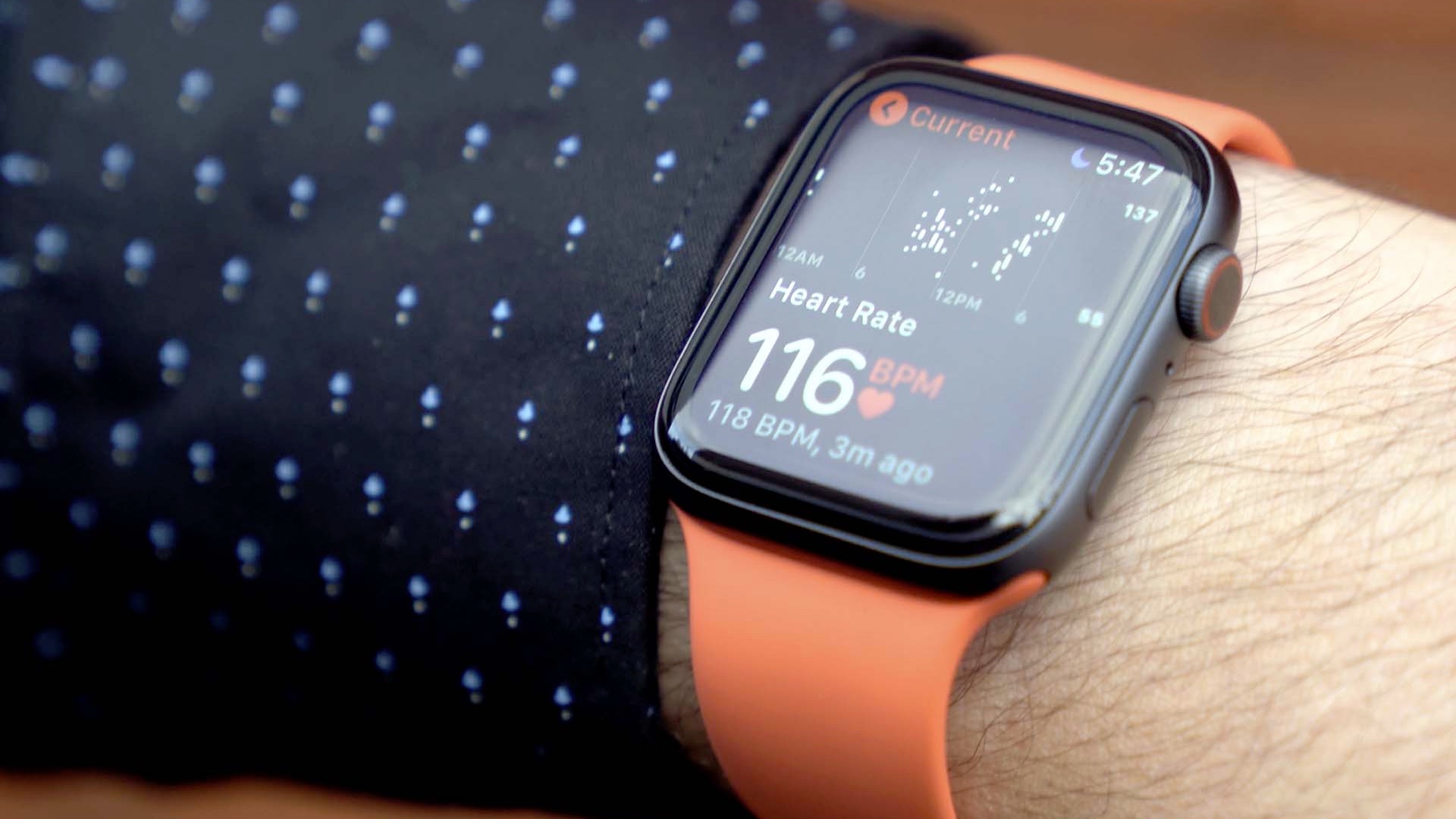Apple Watch VO2 Max notifications could help identify unknown heart conditions in some people
At least, it did in one person.

Apple Watches have been able to alert users of low VO2 Max ratings for years now and they can also alert the wearer when required. But researchers say that the alerts can help with the early diagnosis of heart problems beyond what was previously believed.
Researchers say that one seemingly healthy 40-year-old man received low VO2 Max notifications on his Apple Watch and was then put through a series of tests as a result. He then received a diagnosis of familial nonischemic cardiomyopathy with severely reduced left ventricular systolic function.
That condition can ultimately result in heart failure, and it's possible that the low VO2 Max alerts from the man's Apple Watch Series 6 held the key to an early diagnosis.
Heart matters
MyHealthyApple reports that researchers at Shackler School of Medicine, Tel-Aviv, and Leviev Heart Center, Israel, shared details of the findings in a research note published in the Interactive Journal of Medical Research.
"Familial dilated cardiomyopathy occurs when heart muscles become thin and weakened in at least one chamber of the heart, causing the chamber’s open area to enlarge (dilated)," MyHealthyApple reports. "As a result, the heart cannot pump blood as efficiently as usual. To compensate, the heart attempts to increase the amount of blood pumped through the heart, leading to further thinning and weakening of the cardiac muscle."
However, it can sometimes take years for any symptoms to make themselves known which means early diagnosis can be difficult. If Apple Watches and their VO2 Max warnings can help with that, it's possible that more people could be helped in the future.
You don't need the best Apple Watch to benefit from these alerts, either. The feature is supported on the Apple Watch Series 3 and newer, for example.
Master your iPhone in minutes
iMore offers spot-on advice and guidance from our team of experts, with decades of Apple device experience to lean on. Learn more with iMore!
However, the researchers do note that this case could be a one-off situation and that more investigation is required before Apple could consider getting FDA approval for using Apple Watches in this manner.

Oliver Haslam has written about Apple and the wider technology business for more than a decade with bylines on How-To Geek, PC Mag, iDownloadBlog, and many more. He has also been published in print for Macworld, including cover stories. At iMore, Oliver is involved in daily news coverage and, not being short of opinions, has been known to 'explain' those thoughts in more detail, too. Having grown up using PCs and spending far too much money on graphics card and flashy RAM, Oliver switched to the Mac with a G5 iMac and hasn't looked back. Since then he's seen the growth of the smartphone world, backed by iPhone, and new product categories come and go. Current expertise includes iOS, macOS, streaming services, and pretty much anything that has a battery or plugs into a wall. Oliver also covers mobile gaming for iMore, with Apple Arcade a particular focus. He's been gaming since the Atari 2600 days and still struggles to comprehend the fact he can play console quality titles on his pocket computer.
